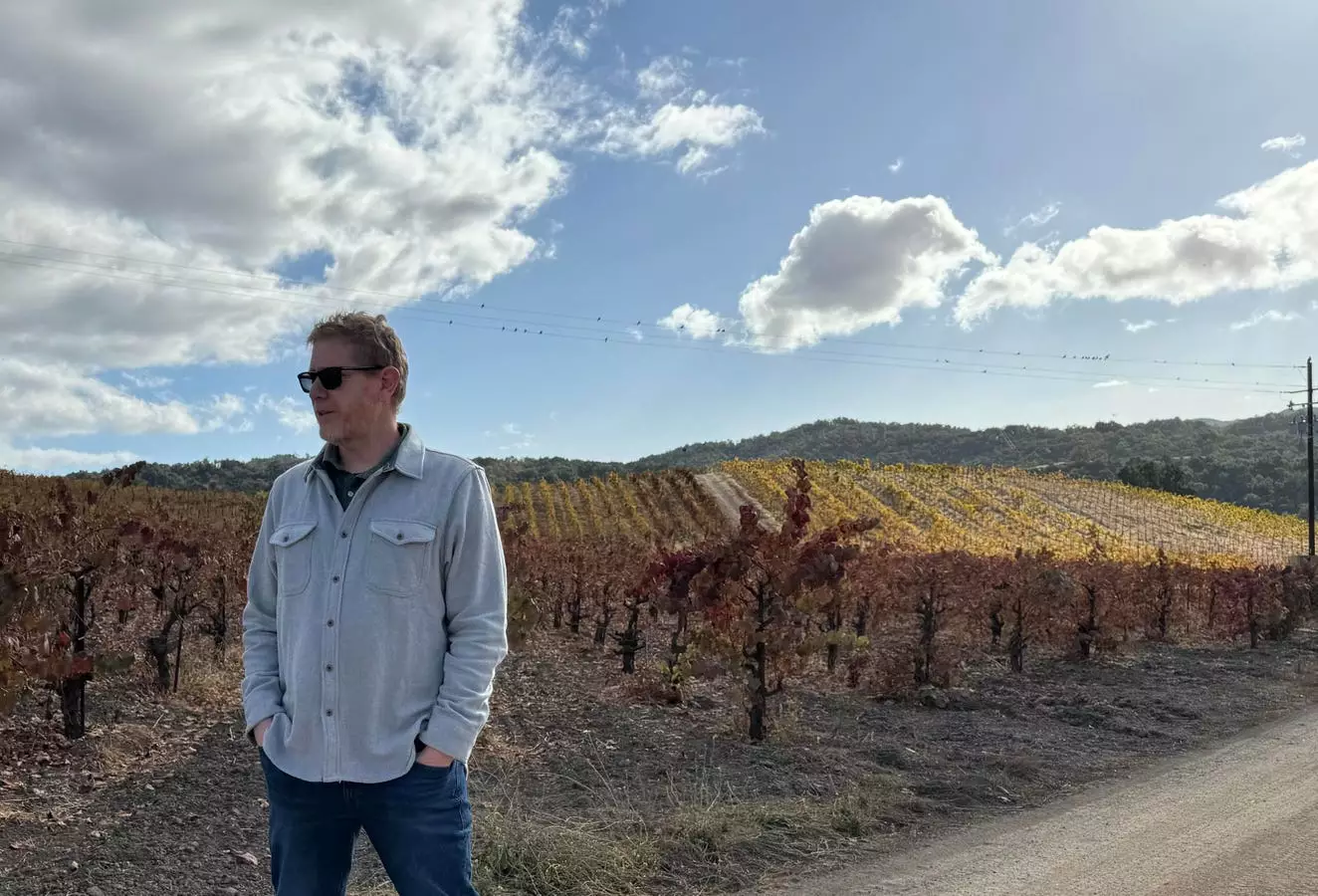Wine is more than just a beverage; it embodies tradition, culture, and an evolving commitment to sustainability. Tablas Creek Vineyard stands at the forefront of this movement, merging innovative practices with a deep respect for the environment. This article delves into the intricacies of Tablas Creek’s sustainable wine production, highlighting not only their revolutionary methods but also their broader impact on both local and global wine industries.
Tablas Creek Vineyard, located in the scenic Paso Robles region of California, is not just renowned for its exceptional wines but also for its pioneering efforts in sustainable practices. The vineyard was founded through a partnership between the Haas family from Vineyard Brands and the Perrin family, famed proprietors of Château de Beaucastel in France. This unique collaboration has led to the integration of traditional French winemaking techniques with sustainable practices suited to California’s environment. By embracing biodynamic and regenerative organic farming methods, Tablas Creek represents a fusion of innovation and respect for the land.
From the outset, the commitment to sustainability goes beyond mere words. The vineyard incorporates practices that minimize environmental impact, including crop rotation, composting, and the use of natural fertilizers. This holistic approach does not just enhance grape quality; it also promotes a thriving ecosystem within the vineyard. Jason Haas, a key figure at Tablas Creek, passionately discusses how their sustainability strategies are interwoven with the daily operations of the vineyard. This depth of integration sets them apart in a crowded market where sustainability is often considered an afterthought rather than a foundational principle.
One of the remarkable aspects of Tablas Creek’s philosophy is their belief in collaboration as a catalyst for change. Jason Haas emphasizes that the vineyard not only aligns with its own sustainability goals but also actively engages with other wine producers, both locally and nationally. This spirit of mentorship has far-reaching implications for the broader industry, especially in regions like Texas, where a burgeoning wine scene is beginning to take shape.
By sharing their expertise and resources on vineyard management, Tablas Creek has positioned itself as a leader in the Rhone varietal movement in the U.S. Their vine nursery provides access to premium Rhone varietals, empowering many local producers to refine their offerings. As the Texas wine community grows, the influence of established names like Tablas Creek becomes increasingly critical in fostering quality and sustainability.
Moreover, Haas’s involvement with the Rhone Rangers, a non-profit organization dedicated to promoting these grape varieties, exemplifies his commitment to collaboration. By championing education and innovation within the wine industry, he helps lay the groundwork for future generations of winemakers who are invested in sustainable practices.
Setting Standards for Quality and Sustainability
As the wine industry evolves, the importance of setting high standards for both quality and sustainability cannot be overstated. Tablas Creek’s commitment to producing natural wines—those made with minimal intervention and only ambient yeasts—reflects a dedication to authenticity in winemaking. This philosophy not only enhances the flavor profiles of their wines but also aligns with the growing consumer demand for sustainably produced products.
Interestingly, Jason Haas suggests that seeking sustainability certifications—whether biodynamic, organic, regenerative, or otherwise—should be viewed as a “reach activity.” This viewpoint encourages producers to strive for continuous improvement rather than simply aiming for the minimum standards. Such a mentality is critical during a time when many wineries are recognizing the significance of environmental stewardship.
In recent years, Texas has made notable strides in quality wine production, particularly with Rhone varietals. This achievement has been bolstered by mentorship from industry leaders like Tablas Creek, which has significantly elevated the standard of wines produced in the region. As more producers adopt sustainable practices, the ripple effect can be felt throughout the industry, inspiring a collective movement towards higher standards.
The future of sustainable wine production hinges on the ability of vineyards like Tablas Creek to lead by example. By maintaining their unwavering commitment to both quality and ecological responsibility, they set a template for others in the industry to follow. The convergence of tradition and innovation at Tablas Creek serves as a beacon of hope in an era where sustainability is no longer a choice but a necessity.
As consumers become more conscious of their choices and the implications of those choices on the environment, the role of innovative wineries in shaping the industry will be crucial. Tablas Creek Vineyard exemplifies this transformation, demonstrating that it is possible to create exceptional wines while respecting and nurturing the land. A visit to this remarkable vineyard not only promises a delightful tasting experience but also offers valuable insights into sustainable winemaking practices that are becoming increasingly vital in today’s world.

